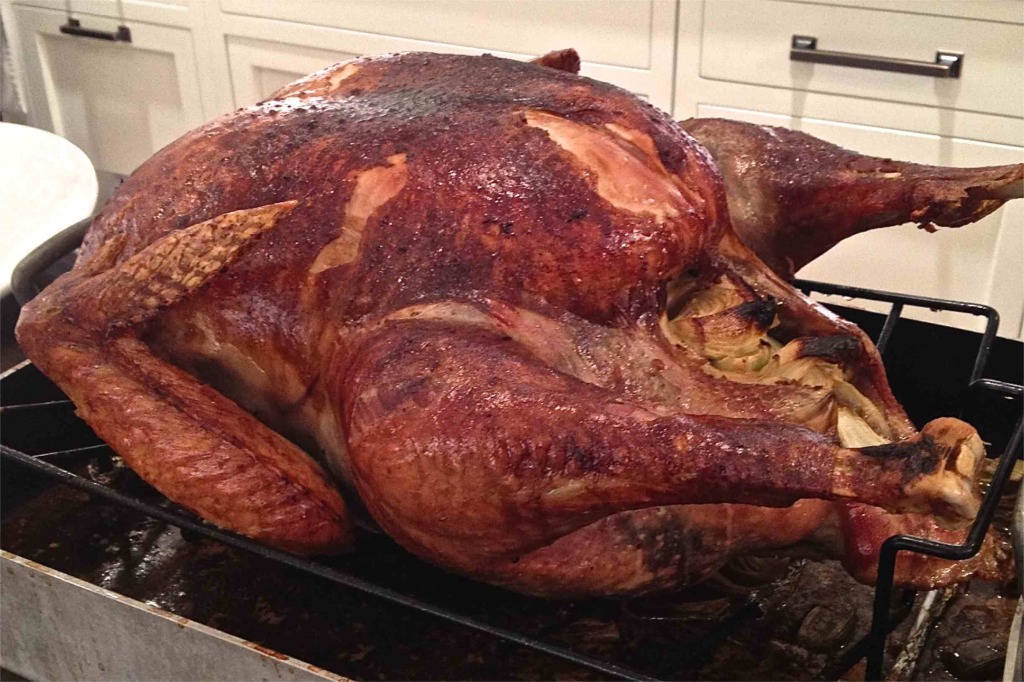It’s hard to believe it’s that time of year again: Thanksgiving. Everyone knows that Thanksgiving is the kickoff to the holiday season, full of delicious food and quality time with friends and family.
Thanksgiving is the time when voracious eaters gather around with excitement to give thanks on what is considered the number one eating holiday of the year. We stuff our faces until the brink of explosion. While there is no specific way to celebrate or eat on this holiday, the turkey still remains the most popular and traditional symbol of this sacred November Thursday.
A common thought about the turkey is that consuming it is supposed to make you sleepy. Is this true or is it a myth? Read on as I attempt to crack this famous theory right before the holiday season. At your upcoming Thanksgiving dinner, you can impress your peers as you set the record straight once and for all.

Photo by Morgan Goldberg
Turkey contains an amino acid called tryptophan, which is thought to make you sleepy after consumption. Inside the body, tryptophan contributes to serotonin levels and then helps create melatonin, which gives humans the sleepy sensation. However, this amino acid is in a whole bunch of other foods other than turkey, such as chicken and eggs, which people consume on a daily basis.
Something else that contributes to this Thanksgiving sleepiness is said to be the huge intake of carbohydrate-heavy side dishes we devour during this holiday. All that cornbread, mashed potatoes and stuffing in conjunction with the turkey could put us to sleep.
This Thanksgiving, be aware of your impending sleepiness during your big meal. And if this myth comes up, you now know turkey is not the only culprit.
Plan your turkey day menu here:

